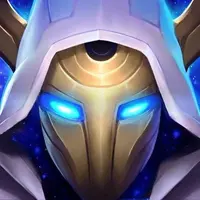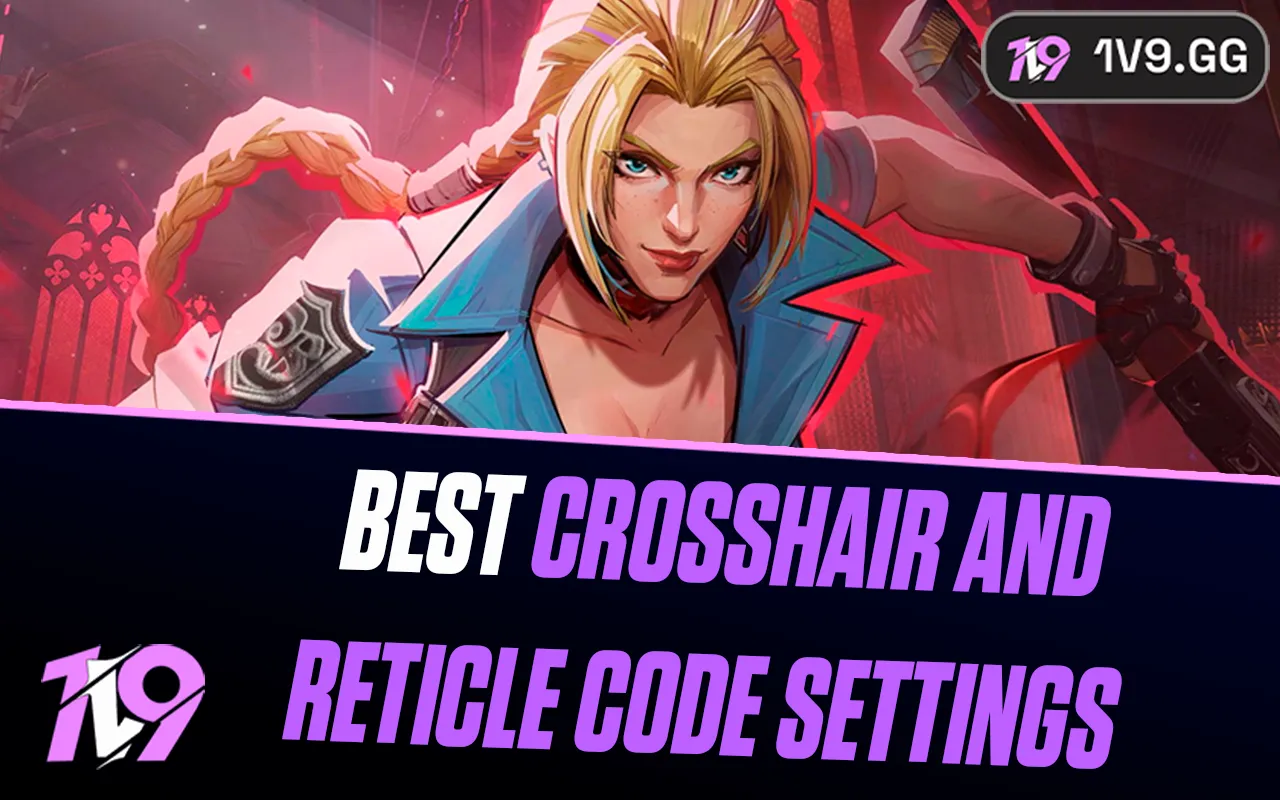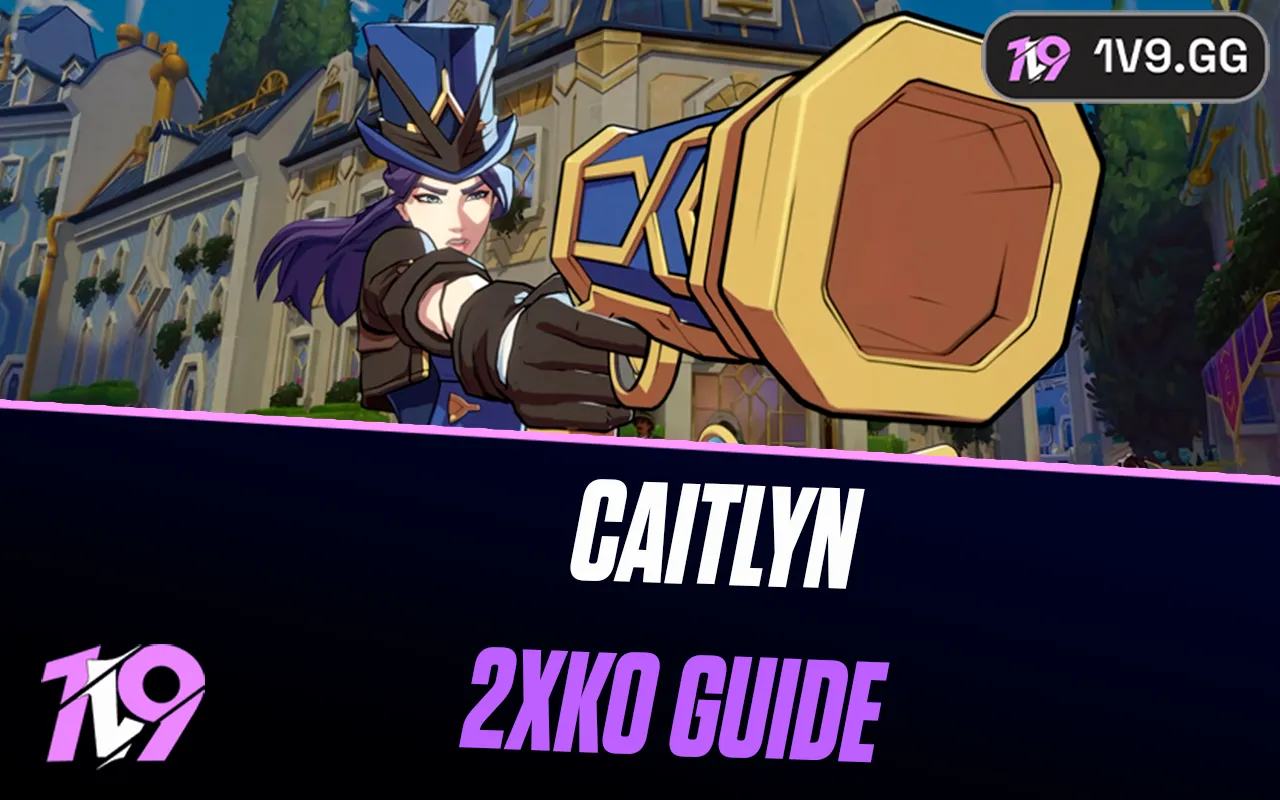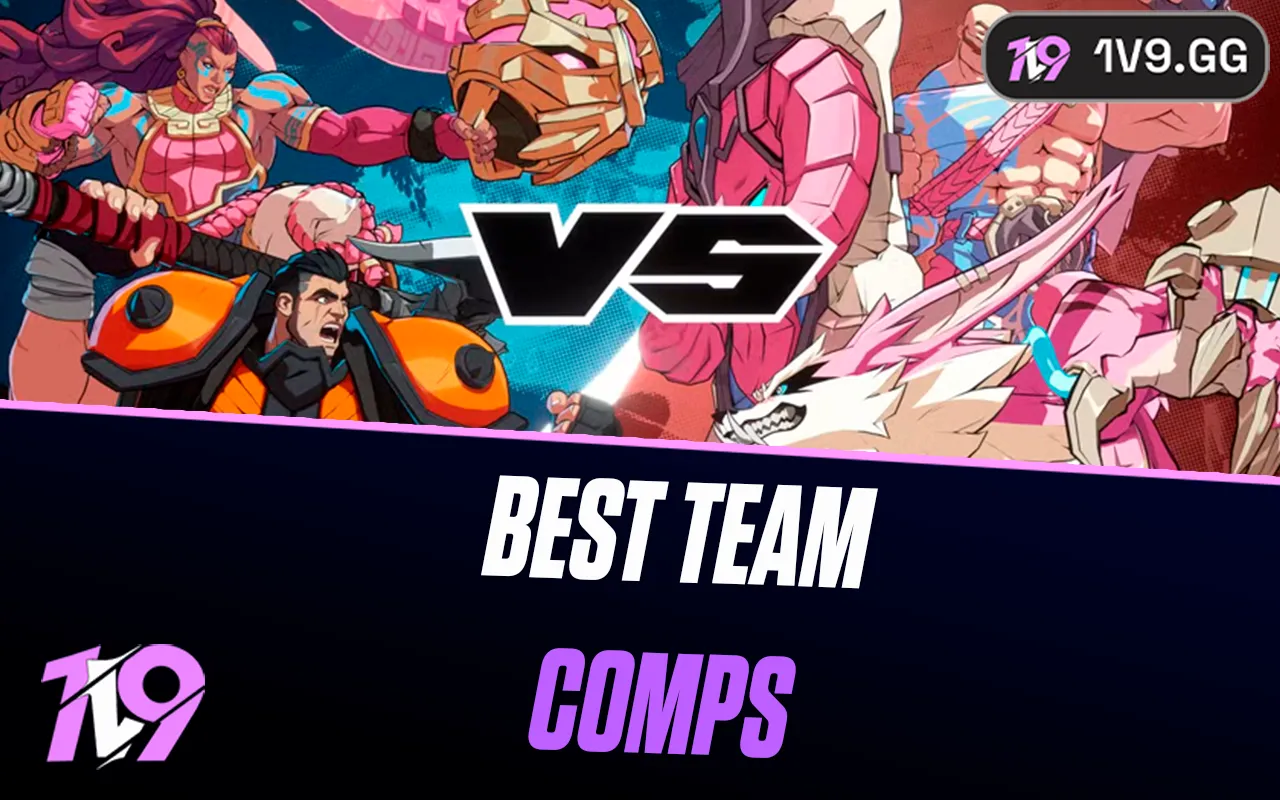
Overwatch 2: 10 Best Beginner Tips
Overwatch 2 is an exciting and fast-paced team-based shooter, but jumping into the game as a beginner can feel overwhelming. With a wide variety of heroes, maps, and strategies, understanding the basics is essential to improve your gameplay and contribute to your team’s success. Whether you’re new to the series or transitioning from the original Overwatch, learning how to effectively play as part of a team can make all the difference.
In this article, we’ll cover the 10 best beginner tips to help you navigate the game, choose the right heroes, communicate effectively with your team, and maximize your impact in every match. These tips will give you the foundation you need to level up your skills and enjoy your Overwatch 2 journey to the fullest. Let’s get started!
#10: Manage Your Cooldowns

One of the most important aspects of Overwatch 2 is learning how to effectively manage your hero’s cooldowns. Abilities with cooldowns, such as Reinhardt’s Fire Strike or Ana’s Sleep Dart, are powerful tools that can turn the tide of battle when used at the right time. However, spamming these abilities without thinking can leave you vulnerable or out of options when you need them most.
Pay attention to the timing and impact of your abilities. Use cooldowns strategically rather than wasting them on situations where they won’t have much effect. For example, save crowd-control abilities like stuns or anti-healing for critical moments, such as shutting down an enemy ultimate or saving a teammate.
Understanding your cooldowns also helps you anticipate your opponent’s abilities. If you know the enemy’s key abilities are on cooldown, you can play more aggressively or reposition with less risk. Effective cooldown management is a key skill that separates beginners from experienced players, so practice timing your abilities to maximize their impact in every match.
#9: Watch and Learn

One of the fastest ways to improve in Overwatch 2 is by observing how skilled players approach the game. Watching professional matches, high-level streamers, or even replaying your own games can provide valuable insights into positioning, decision-making, and hero usage.
Focus on players who specialize in your favorite heroes and take note of how they manage their abilities, position themselves during fights, and adapt to different team compositions. Pay attention to their map awareness, how they communicate with teammates, and the strategies they use to secure key objectives.
Additionally, use the game’s replay system to analyze your own matches. Identify mistakes, such as poor positioning or wasted abilities, and look for opportunities where you could have made a bigger impact. Learning from both your successes and failures will help you develop the instincts and game sense needed to improve over time.
By taking the time to watch and learn, you’ll quickly pick up tips and strategies that can elevate your gameplay and give you an edge in your Overwatch 2 matches.
#8: Map Awareness

In Overwatch 2, map awareness is crucial to success. Knowing the layout of the map, including choke points, health pack locations, and optimal positioning, can give you a significant advantage over the enemy team. Good map awareness allows you to navigate efficiently, avoid dangerous areas, and capitalize on high ground or cover to maximize your effectiveness in battle.
Pay attention to your surroundings and adapt your positioning based on the flow of the match. For example, as a DPS hero, holding high ground gives you better sightlines and safety, while as a tank, controlling choke points can block the enemy’s progress. Use health packs strategically to stay in the fight without relying too heavily on your team’s support players.
Understanding maps also helps with predicting enemy movements. You’ll know where they’re likely to attack from and where they might retreat to, enabling you to cut off escape routes or set up ambushes.
The more you familiarize yourself with maps in Overwatch 2, the better your positioning, awareness, and overall contribution to your team’s success will be. Strong map awareness is a skill that separates good players from great ones.
#7: Hero Switching

One of the core mechanics in Overwatch 2 is the ability to switch heroes mid-game. Understanding when and why to switch heroes is a key skill that can turn the tide of a match. Staying on a hero that isn’t working against the enemy’s composition can put your team at a disadvantage, so it’s important to adapt and play strategically.
For example, if the enemy team has a strong Pharah, switching to a hitscan hero like Soldier: 76 or Cassidy can counter her effectively. If their Reinhardt is dominating the frontline, consider switching to Orisa or Zarya to better manage his shield and crowd control. As a support player, switching to heroes like Baptiste or Kiriko can provide survivability against dive-heavy enemy compositions.
Hero switching isn’t just about countering; it’s also about complementing your team. If your team lacks healing, switching to a support hero can stabilize your team’s survivability. If your team needs more damage to break through a stubborn defense, switching to a DPS hero like Junkrat or Reaper can provide the extra firepower.
Flexibility is critical in Overwatch 2. Learning multiple heroes in different roles will allow you to switch effectively and respond to any situation, giving your team a better chance at victory.
#6: Stay with Your Team

Overwatch 2 is a team-based game, and success heavily depends on teamwork and coordination. One of the biggest mistakes beginners make is wandering off or playing too far away from their team. Staying with your teammates ensures you can contribute to fights, receive healing, and avoid getting picked off by the enemy team.
As a DPS, position yourself near your tank for protection while focusing on dealing damage. As a tank, lead your team into fights and control space effectively to protect your supports and create opportunities for your DPS. As a support, stay close enough to your team to heal and assist, while maintaining safe positioning to avoid being a target.
Splitting up or charging in alone often results in being overwhelmed by the enemy team, putting your team at a disadvantage. Always keep an eye on where your teammates are and adjust your positioning accordingly to maintain a strong team presence.
Sticking with your team doesn’t just improve survivability; it creates opportunities to combine abilities and ultimates for greater impact. Overwatch 2 is about synergy, and working closely with your team is one of the most important steps to securing victory.
#5: Communication is Key

Effective communication is one of the most important tools for success in Overwatch 2. Coordinating with your team through voice chat, text chat, or the in-game ping system can make a huge difference in your matches by improving teamwork and decision-making.
Call out important information, such as enemy positions, low-health targets, or when an enemy ultimate has been used. For example, warning your team about an enemy Reaper’s Death Blossom or a Zarya building up her ultimate can prevent devastating team wipes. Similarly, letting your team know when you’re about to use your ultimate allows them to follow up and create powerful combos.
If voice chat isn’t an option for you, use the ping system to mark enemies, health packs, or key areas on the map. Even simple text chat like “Reaper behind us” or “Pushing payload” can keep your team informed and aligned.
While communication is critical, it’s equally important to stay positive. Avoid blaming teammates or getting frustrated—encourage and guide them instead. A calm, cooperative team is far more likely to succeed than one distracted by negativity.
By mastering communication, you’ll not only help your team perform better but also build better synergy, making every match more enjoyable and winnable.
#4: Understand the Objective

In Overwatch 2, winning isn’t just about getting eliminations—it’s about playing the objective. Many new players focus too much on chasing kills and forget to push the payload, capture the point, or contest critical areas. Understanding and prioritizing the objective is crucial to securing victories.
On Escort or Hybrid maps, always stay near the payload to ensure it moves forward, especially when you have an advantage. On Control maps, focus on maintaining control of the point rather than spreading out or chasing enemies too far. Always be aware of the objective’s progress and adjust your positioning to support it.
As a tank, your role is often to lead your team toward the objective and create space for your DPS and supports. As a support, stay close to your teammates near the objective to keep them alive during critical fights. DPS players should focus on eliminating threats near the objective or pushing back enemies contesting it.
Remember, kills are meaningless if your team isn’t advancing the objective or defending it effectively. Keep your eyes on the goal, and work with your team to secure the win. Playing the objective is the backbone of Overwatch 2 strategy, and understanding this early will set you apart as a valuable teammate.
#3: Use Training Modes

One of the best ways to improve in Overwatch 2 as a beginner is to take advantage of the game’s training modes. These provide a low-pressure environment where you can practice your aim, get comfortable with different heroes, and learn their abilities without the chaos of a live match.
Start with the Practice Range, where you can test heroes against stationary and moving targets. This is perfect for improving your accuracy with hitscan heroes like Soldier: 76 or Cassidy, or learning how to effectively use abilities and ultimates. It’s also a great place to experiment with hero mechanics, such as mastering Widowmaker’s scoped shots or Genji’s mobility.
For more dynamic practice, try custom games or Training Bots. Custom games can be tailored to focus on specific skills, like aiming or map familiarity. Additionally, Free-for-All modes can help you develop your reflexes and combat awareness in fast-paced scenarios.
Don’t forget to use the Hero Gauntlet or other community-made custom modes to practice with multiple heroes, as versatility is key in Overwatch 2. By consistently using training modes, you’ll gain confidence with various heroes and mechanics, which will translate into better performance in real matches.
#2: Learn Easy Heroes First

When starting out in Overwatch 2, it’s best to focus on learning beginner-friendly heroes that are effective but have straightforward mechanics. This allows you to focus on understanding the game’s objectives, positioning, and teamwork without being overwhelmed by complex abilities or high-skill requirements.
For example:
• Tank: Start with Reinhardt or Orisa. Both have simple abilities and are great for leading your team, holding space, and protecting your allies.
• Damage (DPS): Soldier: 76 is an excellent beginner DPS hero, with an easy-to-use primary weapon, self-healing ability, and a straightforward ultimate.
• Support: Begin with Mercy or Moira. Mercy’s healing and damage boost beam are easy to manage, while Moira’s healing and damage-dealing capabilities provide flexibility and survival options.
Starting with simpler heroes allows you to focus on developing core skills like aiming, positioning, and understanding team dynamics. Once you’re comfortable, you can transition to more complex heroes like Genji, Ana, or Sigma.
By mastering the basics with easy heroes, you’ll build confidence and set yourself up for success as you explore the rest of the diverse Overwatch 2 roster.
#1: Focus on One Role at First

When starting in Overwatch 2, it’s tempting to try every role and hero, but focusing on one role initially is the best way to build a strong foundation. Each role—Tank, Damage (DPS), and Support—requires a unique playstyle and understanding. Mastering one allows you to develop core skills and game sense without feeling overwhelmed.
• Tank: If you choose Tank, focus on learning how to protect your team and create space. Heroes like Reinhardt or Orisa are beginner-friendly and help you understand positioning and leading your team into fights.
• Damage (DPS): As a DPS, your primary goal is to secure eliminations and apply pressure. Starting with straightforward heroes like Soldier: 76 or Reaper lets you develop your aim and target prioritization.
• Support: Playing Support teaches you to keep your team alive and manage resources. Mercy and Moira are great entry-level supports that let you focus on healing and positioning.
By specializing in one role, you’ll better understand your responsibilities and how to contribute to your team’s success. Once you’re comfortable, you can explore other roles to become a more versatile player. Building expertise in a single role early on sets the stage for long-term growth and confidence in Overwatch 2.
Conclusion
Starting out in Overwatch 2 can feel overwhelming, but with the right strategies and mindset, you’ll quickly find your footing and start enjoying everything the game has to offer. By following these 10 beginner tips—like focusing on one role, mastering easy heroes, and prioritizing teamwork—you’ll build a strong foundation to improve your gameplay and contribute to your team’s success.
Remember, Overwatch 2 is a game that rewards adaptability, communication, and practice. Take your time to learn the mechanics, experiment with heroes, and grow your skills step by step. Most importantly, have fun and enjoy the journey as you become a more confident and effective player. See you on the battlefield!
Posted On: February 7th, 2025
Recent Articles
💬 Need help?
Our 1v9 support team is available 24/7 to help you with any questions or issues you may have.
support@1v9.gg
Loading...
1v9.gg is not endorsed or affiliated by any game developers or publishers.
2025 1v9, All Rights Reserved, Created By NightDev







